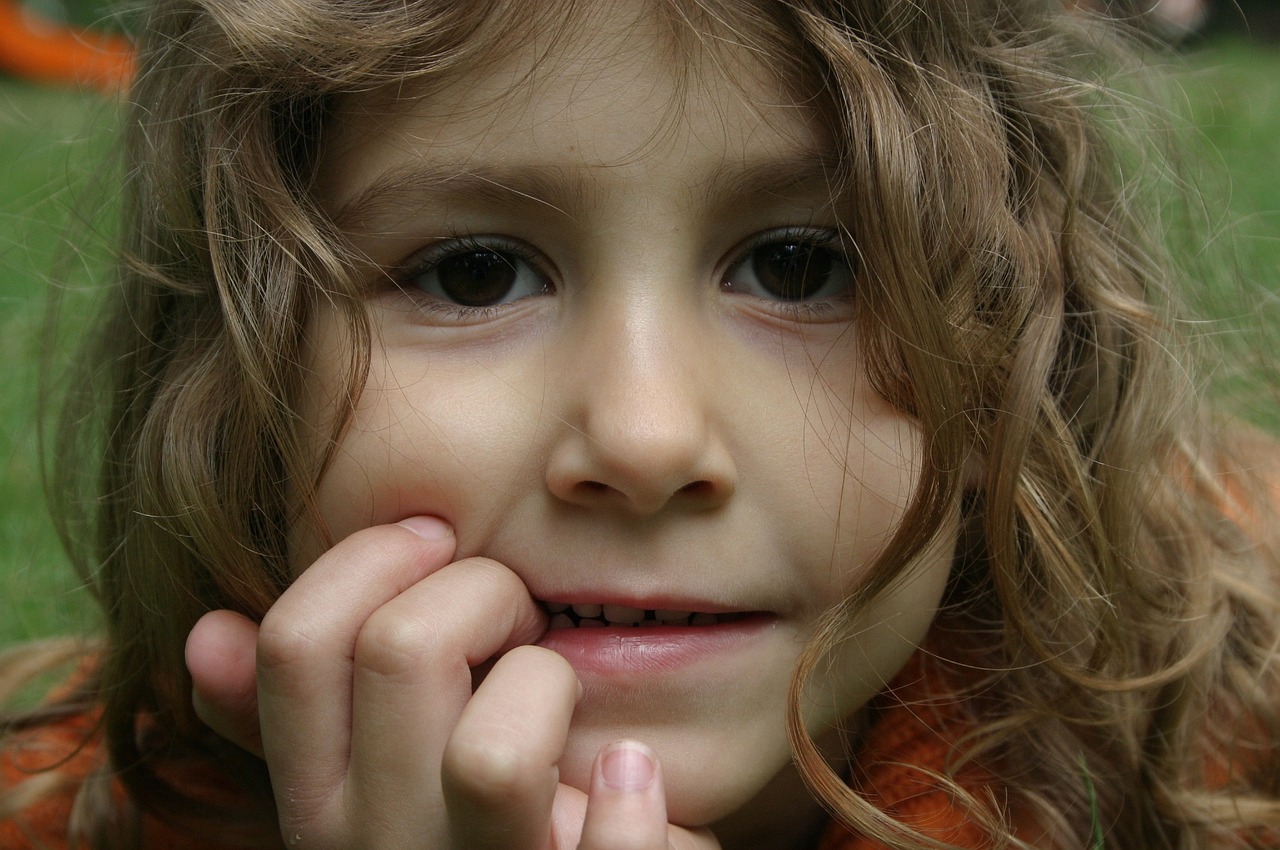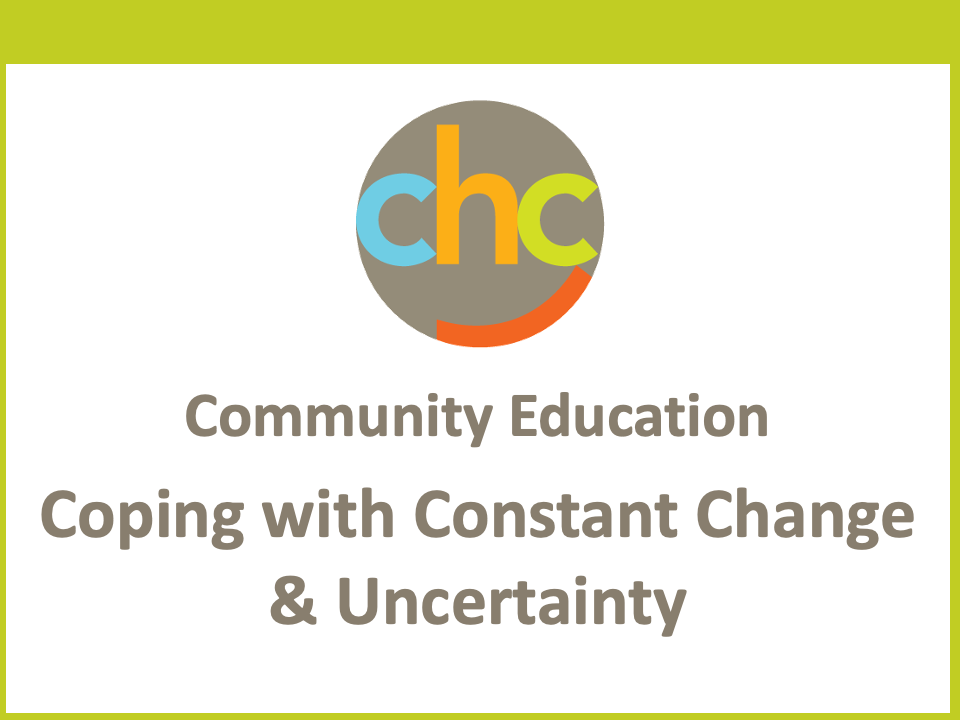How to Cultivate a Sense of Unconditional Self-Worth [video]
 Self-worth is not the same as self-esteem. Our self-esteem is derived from our abilities, accomplishments, social positions and things we believe and we can achieve. We can bolster our self-esteem by improving our skills or performance, and our self-esteem goes up and down depending on how we’re doing in various aspects of our lives.
Self-worth is not the same as self-esteem. Our self-esteem is derived from our abilities, accomplishments, social positions and things we believe and we can achieve. We can bolster our self-esteem by improving our skills or performance, and our self-esteem goes up and down depending on how we’re doing in various aspects of our lives.
In contrast, unconditional self-worth is distinct from our abilities and accomplishments. Read more ›


 “Historically, pandemics have forced humans to break with the past and imagine their world anew. This one is no different. It is a portal, a gateway between one world and the next.”
“Historically, pandemics have forced humans to break with the past and imagine their world anew. This one is no different. It is a portal, a gateway between one world and the next.”
 Every child feels anxious at times — but for some, that feeling persists and interferes with friendships and schoolwork.
Every child feels anxious at times — but for some, that feeling persists and interferes with friendships and schoolwork.

 With much of education being delivered in a virtual environment during the pandemic, monitoring students’ mental health is harder, but more critical than ever. Some of the same indicators of distress apply as much in the virtual classroom as in the physical one, such as difficulty participating in class, poor attendance, frequently reporting illness and not completing assignments. But other indicators, such as on-screen interactions with family members and turning off the camera, are new to distance learning.
With much of education being delivered in a virtual environment during the pandemic, monitoring students’ mental health is harder, but more critical than ever. Some of the same indicators of distress apply as much in the virtual classroom as in the physical one, such as difficulty participating in class, poor attendance, frequently reporting illness and not completing assignments. But other indicators, such as on-screen interactions with family members and turning off the camera, are new to distance learning. 
 As recent months have demonstrated, stress is unavoidable. Now more than ever, it’s important to understand stress and how we can manage it. While stress can be beneficial, too much of it can be harmful.
As recent months have demonstrated, stress is unavoidable. Now more than ever, it’s important to understand stress and how we can manage it. While stress can be beneficial, too much of it can be harmful. 
 It’s hard to avoid stress. Work, money, current events, and the hassles of everyday life are just a few of the things that can cause stress. Long-term, or chronic, stress is linked to several health conditions like heart disease, high blood pressure, diabetes, depression, and anxiety.
It’s hard to avoid stress. Work, money, current events, and the hassles of everyday life are just a few of the things that can cause stress. Long-term, or chronic, stress is linked to several health conditions like heart disease, high blood pressure, diabetes, depression, and anxiety.
 Schools play a significant role in supporting the health and well-being of children and youth, including those affected by traumatic experiences. In a trauma-sensitive school, all aspects of the educational environment—from workforce training to engagement with students and families to procedures and policies—are grounded in an understanding of trauma and its impact and are designed to promote resilience for all.
Schools play a significant role in supporting the health and well-being of children and youth, including those affected by traumatic experiences. In a trauma-sensitive school, all aspects of the educational environment—from workforce training to engagement with students and families to procedures and policies—are grounded in an understanding of trauma and its impact and are designed to promote resilience for all. 
 Children’s lives are touched by trauma on a regular basis, no matter how much parents or teachers try to keep the “bad things” away. Instead of shielding children from the dangers, violence or tragedies around us, adults should talk to kids about what is happening.
Children’s lives are touched by trauma on a regular basis, no matter how much parents or teachers try to keep the “bad things” away. Instead of shielding children from the dangers, violence or tragedies around us, adults should talk to kids about what is happening. 
 In a world where even little kids learn about horrific subjects, it’s important for parents to put things in perspective, field questions, and search for answers together.
In a world where even little kids learn about horrific subjects, it’s important for parents to put things in perspective, field questions, and search for answers together. 

